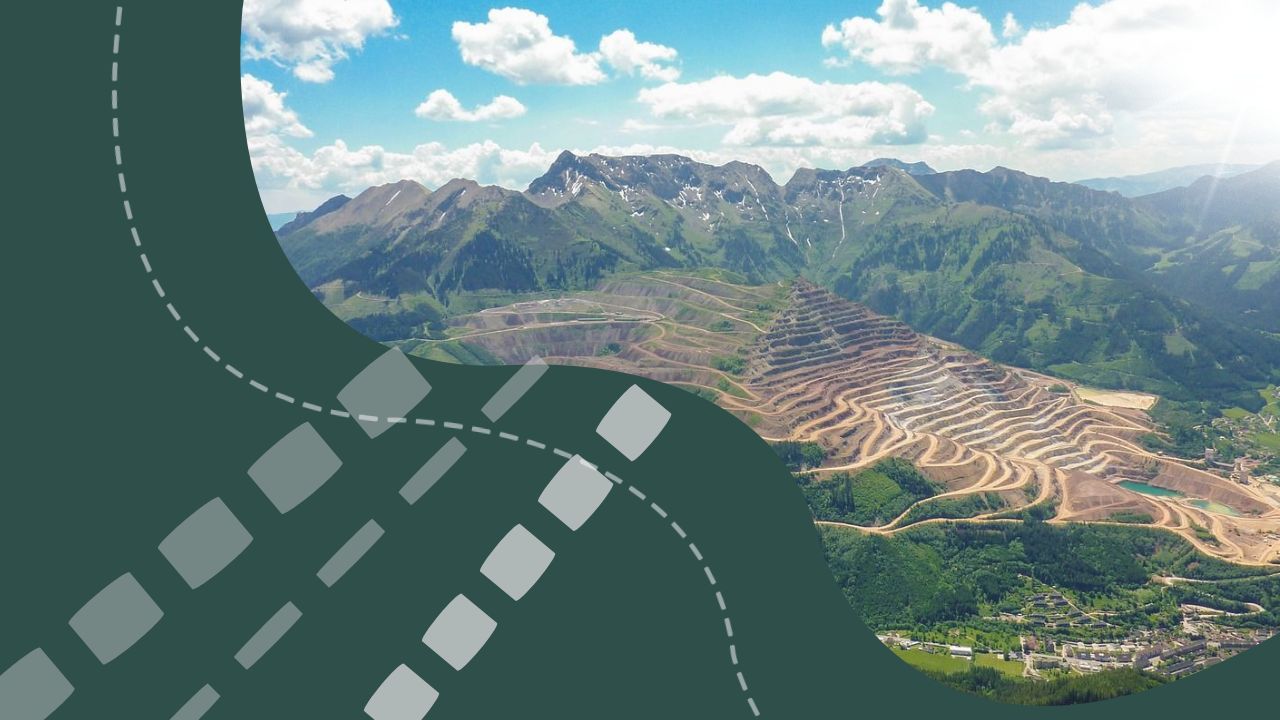The debut of Critical Metals Corp (Nasdaq: CRML) on the Nasdaq, resulting from the merger between European Lithium (ASX: EUR) and Sizzle Acquisition Corp, experienced significant volatility. While Sizzle stock surged by 120% in after-hours trading on Tuesday, Critical Metals’ debut on Wednesday saw a 38% decline. However, by midday on Friday, CRML had rebounded, showing a gain of over 10%.
Despite the initial turbulence, Critical Metals retains a significant stake in the Wolfsberg lithium project in Carinthia, Austria, valued at $1.2 billion. This project is poised to become the EU’s sole battery-grade lithium mine by 2027, according to Tony Sage, the executive chairman of Critical Metals.
Sage remains optimistic despite the fluctuating share prices and current lows in lithium prices. The company has secured supply agreements with BMW and has partnered with Obeikan Investment Group to construct a lithium hydroxide plant in Saudi Arabia, a venture expected to be finalized by the end of March.
Looking ahead, Sage is considering rare earths and uranium projects, both brownfield and greenfield, within the EU. European Lithium already holds a 7.5% stake in the Tanbreez rare earth project in Greenland, one of the largest rare earth projects globally.
Critical Metals aims to supply BMW by 2027, following the completion of construction at Wolfsberg. Sage anticipates a favorable market environment at that time, as demand for lithium is expected to increase, potentially driving prices up.
The construction of the hydroxide plant may prove to be more cost-effective than initially projected, with improved operational expenditure (OPEX) numbers compared to the original feasibility study for Wolfsberg conducted in 2023.
Wolfsberg enjoys perpetual permits as long as work continues, positioning it as a key player in the EU’s lithium production landscape. This is particularly significant given the EU’s initiative to reduce dependence on China for critical raw materials.
While some lithium projects in Europe have faced setbacks, such as Rio Tinto’s Jadar lithium project in Serbia, Critical Metals remains optimistic about its prospects, buoyed by the support of the Austrian government and the stability of its permits.
In summary, despite initial market volatility and challenges faced by other projects, Critical Metals Corp is poised to play a pivotal role in Europe’s lithium supply chain, driven by the growing demand for lithium-ion batteries in the electric vehicle sector and the EU’s strategic objectives.


